Tuesday, November 2, 2021 – League of Women Voters
- Mary Reed

- Nov 2, 2021
- 8 min read
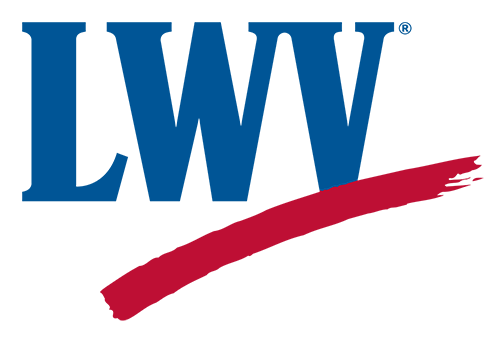
Today I voted on some Texas constitutional amendments. I love going to the League of Women Voters-sponsored website https://www.vote411.org to research my ballot. It is a voters’ guide. All you have to do is enter your address and zip code, along with your choice of language, and it will show you what your ballot is going to look like. Today, it listed the eight propositions, providing the ballot language, explanation of the language — since it is sometimes in legalese, arguments for and arguments against. It is completely unbiased. It just gives you the facts to make an informed decision. If there are candidates on the ballot, it will list all the candidates for a particular race all the way down to state races. It asks the same questions of all the candidates, and they provide their answers. Sometimes candidates do not respond with any answers. If that is the case, I never vote for those candidates. If they could not be bothered to provide answers, they must not be very interested in the political process and do not deserve my vote. The information provided is not subjective. Nothing is written to slant your opinion one way or another. It is just factual information, giving you real data to make a decision. I am grateful to the League of Women Voters for providing this wonderful impartial resource. Let’s learn more about this organization.

The League of Women Voters or LWV is a nonprofit organization in the United States that was formed to help women take a larger role in public affairs after they won the right to vote. It was founded in 1920 to support the new women suffrage rights and was a merger of National Council of Women Voters, founded by Emma Smith DeVoe, and National American Woman Suffrage Association, led by Carrie Chapman Catt, approximately six months before the Nineteenth Amendment to the United States Constitution gave women the right to vote. The League of Women Voters began as a "mighty political experiment" aimed to help newly enfranchised women exercise their responsibilities as voters. Originally, only women could join the league, but in 1973 the charter was modified to include men. LWV operates at the local, state and national level, with over 1,000 local and 50 state leagues, and one territory league in the U.S. Virgin Islands. The league states that it has over 500,000 members and supporters.
The League of Women Voter's primary purpose is to encourage voting by registering voters, providing voter information and advocating for voting rights.

History
In 1909, Emma Smith DeVoe proposed at the National American Woman Suffrage Association or NAWSA convention in Seattle that a separate organization be created to educate women on election processes and lobby for favorable legislation on women's issues. When her proposal was ignored, DeVoe founded the National Council of Women Voters in 1911. She recruited western suffragists and organizations to join the league.
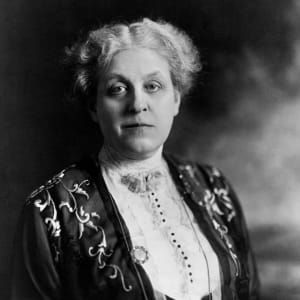
Ten years later, prior to the 1919 Convention of NAWSA in St. Louis, Missouri, Carrie Chapman Catt began negotiating with DeVoe to merge her organization with a new league that would be the successor to NAWSA. Catt was concerned that DeVoe's alignment with the more radical Alice Paul might discourage conservative women from joining the National Council of Women Voters and thus proposed the formation of a new league. As 15 states had already ratified the 19th Amendment, the women wanted to move forward with a plan to educate women on the voting process and shepherd their participation.

Though not all members of either organization were in favor of a merger, a motion was made at the 1919 NAWSA convention to merge the two organizations into a successor, the National League of Women Voters. The merger was officially completed on January 6, 1920, though for the first year the league operated as a committee of the NAWSA. The formal organization of the League was drafted at the 1920 convention held in Chicago.
According to lwv.org, the League was officially founded in Chicago in 1920, just six months before the 19th amendment was ratified and women won the vote. Formed by the suffragists of the National American Woman Suffrage Association, the League began as a "mighty political experiment" designed to help 20 million women carry out their new responsibilities as voters.
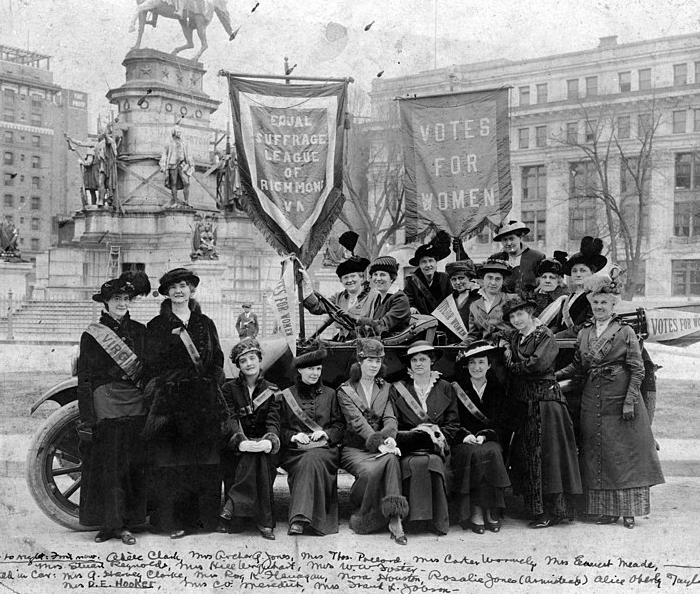
After it passed in the House and Senate, the final hurdle for the 19th Amendment was ratification by the states. As anti-suffrage groups still fought to oppose ratification, suffrage leaders mobilized to continue their pressure campaign in the states. Finally, the amendment was ratified in Tennessee and officially made law on August 26, 1920.
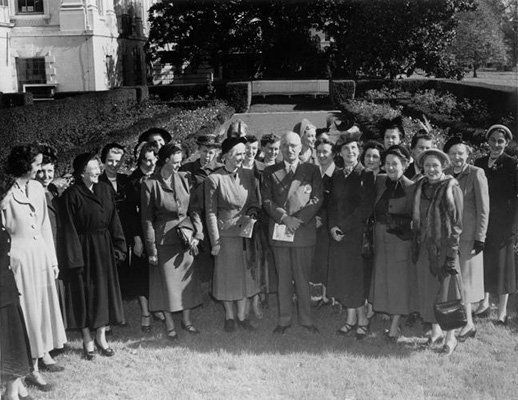
After World War II, the League carried out a nationwide public support campaign, at the request of President Franklin Roosevelt, to establish the United Nations and to ensure U.S. participation. In 1945, at the United Nations Charter Conference, the League of Women Voters was invited by President Harry Truman to serve as a consultant to the U.S. delegation. Since that time, the League has continued its presence at the United Nations through its one official and two alternate observers. It was one of the first organizations officially recognized by the UN as a non-governmental organization or NGO. In July 1997, the League was granted Special Consultative Status with the UN Economic and Social Council, which provides the opportunity to make interventions on issues the League supports. Consultative status allows the League to make formal oral or written statements to the UN and be consulted by the UN in areas in which the League has expertise.
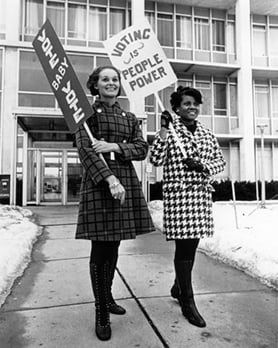
As the League became more active in issue advocacy, the need arose for a separate organizational arm for activities like voter registration and information. In 1957, the League of Women Voters Education Fund was established to encourage the active and informed participation of citizens in government and to increase understanding of major public policy issues.
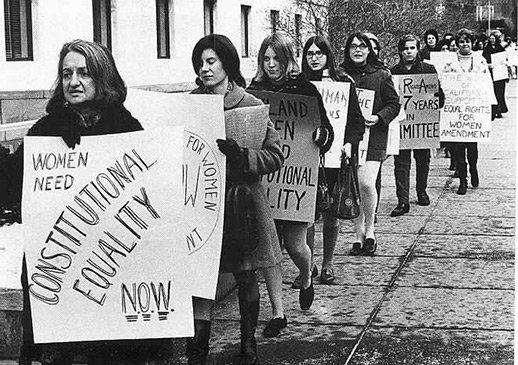
In 1972, shortly after congressional passage of the Equal Rights Amendment, LWV voted officially to support “equal rights for all regardless of sex.” The League followed this vote with a nationwide pressure campaign that continued through the 1970s. That national campaign ended in 1982, but LWV continues to push for ERA ratification today.
In letters to the U.S. Senate and U.S. House, the League expressed support for concurrent joint resolutions that would remove the timeline for ratification of the Equal Rights Amendment.
In the U.S. Senate, S.J. Res. 6, is cosponsored by Senators Murkowski and Cardin. The letter to these Senators included rationale for outlining reasons why the removal of the deadline is consistent with past congressional actions and Supreme Court decisions.
A similar letter was also sent to Chair Nadler and Ranking Member Collins of the U.S. House Judiciary Committee. In addition to outlining the reasons for removal of the deadline, the letter also asks the committee to move forward with markup and vote of H.J. Res. 38, the companion bill in the U.S. House.
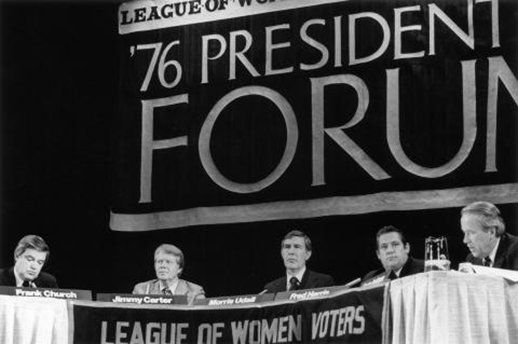
In 1976, the League sponsored the first televised presidential debates since 1960, for which it received an Emmy award for Outstanding Achievement in Broadcast Journalism.
The League sponsored televised general election Presidential debates in 1980 and 1984, as well as presidential primary forums in 1980, 1984 and 1988. The debates focused on nonpartisan issues with a main goal of informing voters. According to Wikipedia, on October 2, 1988, the LWV's 14 trustees voted unanimously to pull out of the debates, and on October 3 they issued a press release condemning the demands of the major candidates' campaigns. LWV President Nancy Neuman said that the debate format would "perpetrate a fraud on the American voter" and that the organization did not intend to "become an accessory to the hoodwinking of the American public." All presidential debates since 1988 have been sponsored by the Commission on Presidential Debates, a bipartisan organization run by the two major parties. According to lwv.org, Leagues around the country continue to hold debates and forums for local and state offices today.

In 1993, the League’s grassroots campaign for national legislation to reform voter registration resulted in passage of the National Voter Registration Act, also known as the “motor-voter” bill. The goal: increase accessibility to the electoral process. The motor-voter bill enabled citizens to register at motor vehicle agencies automatically, as well as by mail and at agencies that service the public.
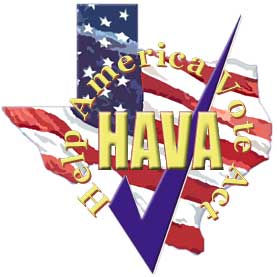
When the 2000 election exposed the many problems facing the election system, the League began to work on election reform. Working closely with a civil rights coalition, LWV helped draft and pass the Help America Vote Act or HAVA in 2002, which established provisional balloting, requirements for updating voting systems and the Election Assistance Commission.
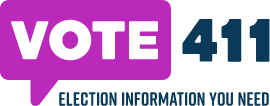
The League provided a dedicated website for voter information as early as the 1990s. In 2006, the League launched the next generation of online voter education with VOTE411.org, a “one-stop-shop” for election-related information. Today, VOTE411 provides both general and state-specific nonpartisan resources to the voting public, including a nationwide polling place locator, a ballot lookup tool, candidate positions on issues and more.

According to Wikipedia, in 2012, LWV created National Voter Registration Day, a day when volunteers work to register voters and increase participation. According to nationalregistrationday.org, National Voter Registration Day is a nonpartisan civic holiday celebrating our democracy. First observed in 2012, it has quickly gained momentum ever since. Nearly 4.5 million voters have registered to vote on the holiday to date.
Celebrated every September, National Voter Registration Day involves volunteers and organizations from all over the country “hitting the streets” in a single day of coordinated field, technology and media efforts. National Voter Registration Day seeks to create broad awareness of voter registration opportunities to reach tens of thousands of voters who may not register otherwise.
According to U.S. Census data from 2020, as many as 1 in 4 eligible Americans are not registered to vote. Every year, millions of Americans find themselves unable to vote because they miss a registration deadline, don’t update their registration or aren’t sure how to register. National Voter Registration Day wants to make sure everyone has the opportunity to vote.
The holiday has been endorsed by the National Association of Secretaries of State, National Association of State Election Directors, U.S. Election Assistance Commission and National Association of Election Officials.
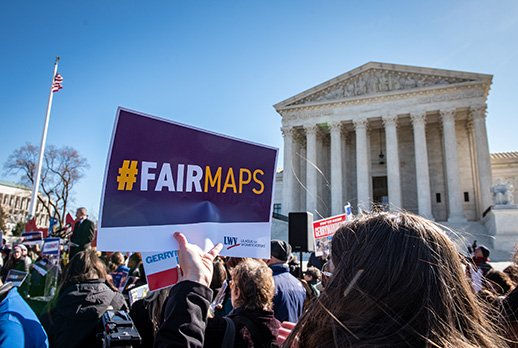
In June of 2019, the U.S. Supreme Court ruled in “Rucho v. League of Women Voters of North Carolina” that no fair test exists for courts to determine when partisan gerrymandering has gone too far. As a result, federal courts will be hands-off in the redistricting process even when new district lines are drawn to intentionally decrease the voting power of voters based solely on their political party.
People Powered Fair Maps™ was launched in September 2019 to create fair and transparent, people-powered redistricting processes that eliminate partisan and racial gerrymandering nationwide. Once drawn, maps determine how we're represented in the government for the next ten years. This means all state and local decisions on health care, jobs, the environment, education, and more rely on fair maps. Through People Powered Fair Maps™, the League is committed to ensuring that maps are drawn fairly and accurately, with all voices considered and equitably represented.
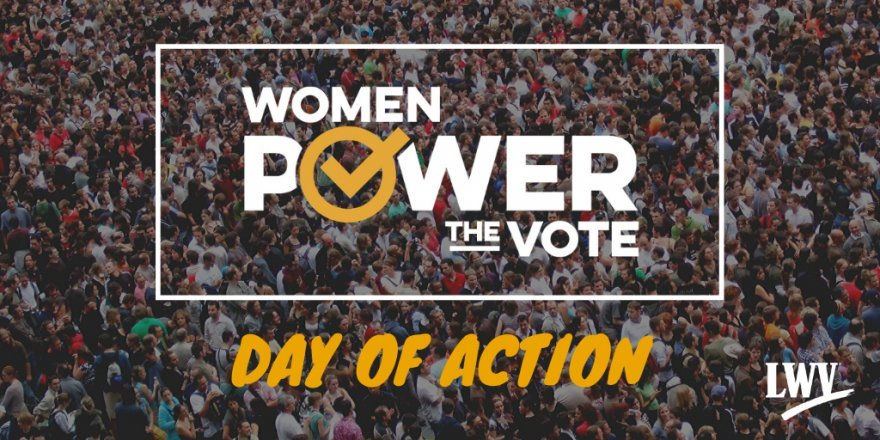
February 14th, 2020 marked 100 years that the League of Women Voters has empowered voters and defended democracy. Over the last century, it has fought for election protection, democratic reforms and equal access to the ballot — all while maintaining its commitment to nonpartisanship and fostering an informed electorate. It celebrated its 100-year milestone with a nationwide coordinated Day of Action called Women Power the Vote.
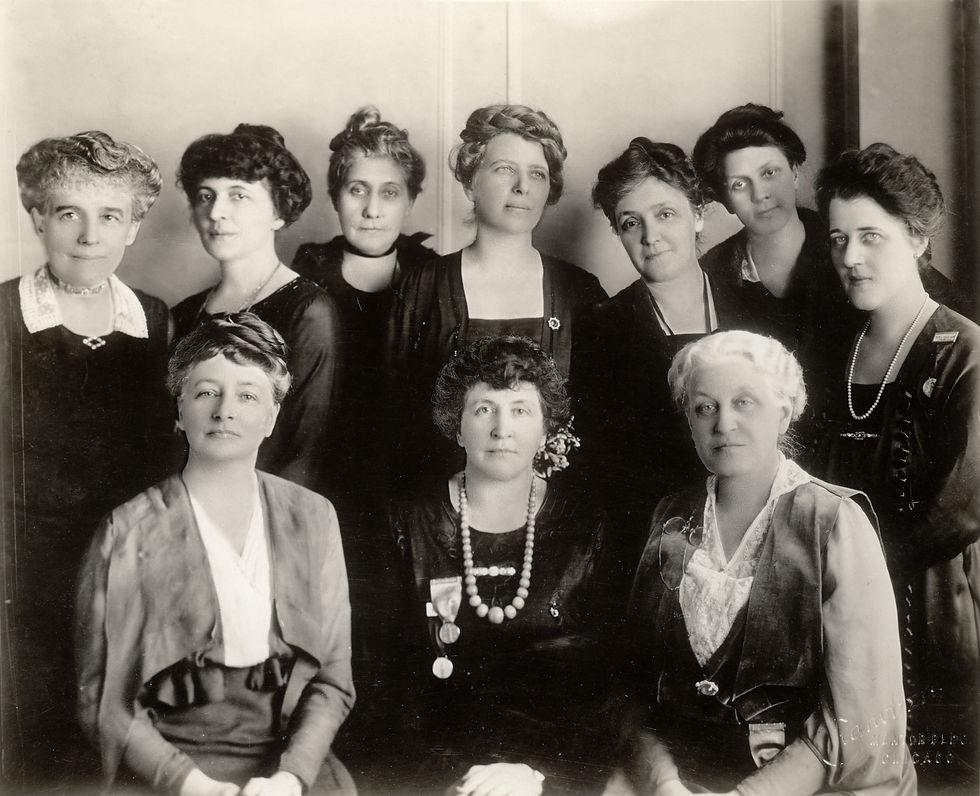
Governance
A national board of directors consisting of four officers, eight elected directors and not more than eight board-appointed directors — most of whom reside in the metro Washington, D.C. area — govern the League subject to the bylaws of the League of Women Voters of the United States. The national board is elected at the national convention and sets position policy.
Local Leagues and state Leagues are organized to promote the purposes of the League and to take action on local and state governmental matters. These Leagues or chapters have their own directors and officers. The national board may withdraw recognition from any state or local League for failure to fulfill recognition requirements.




Comments